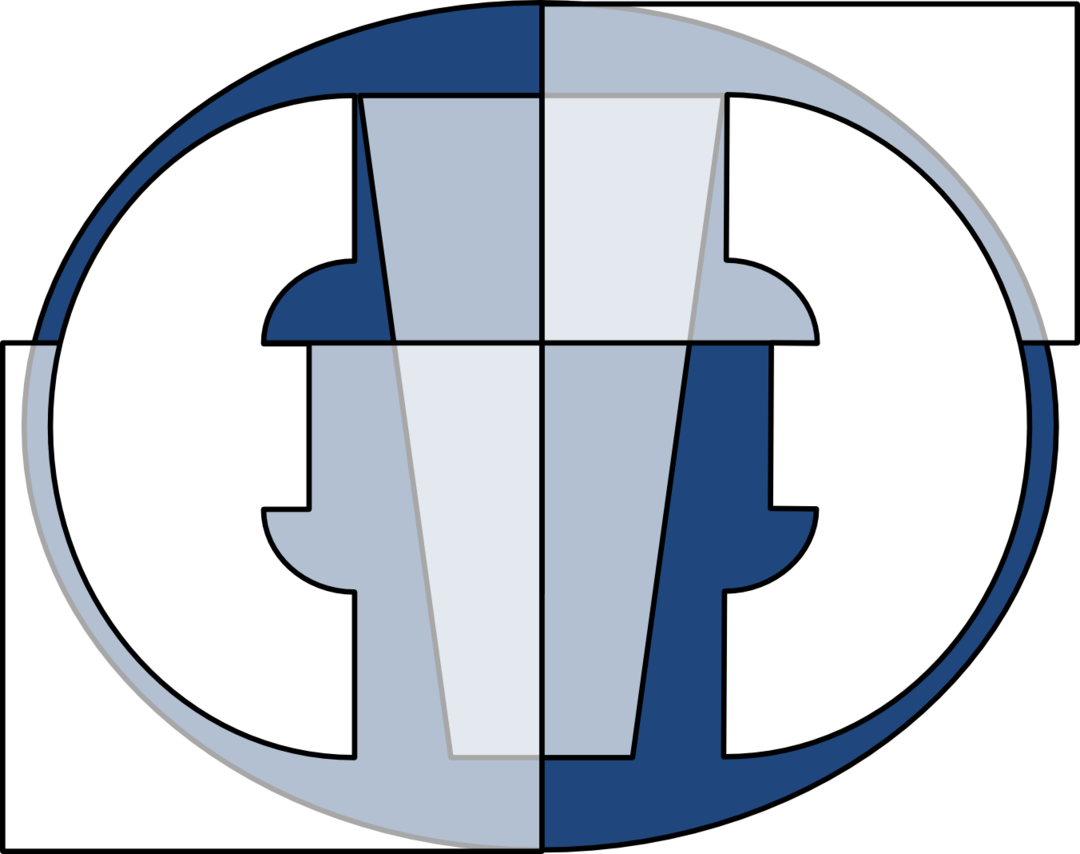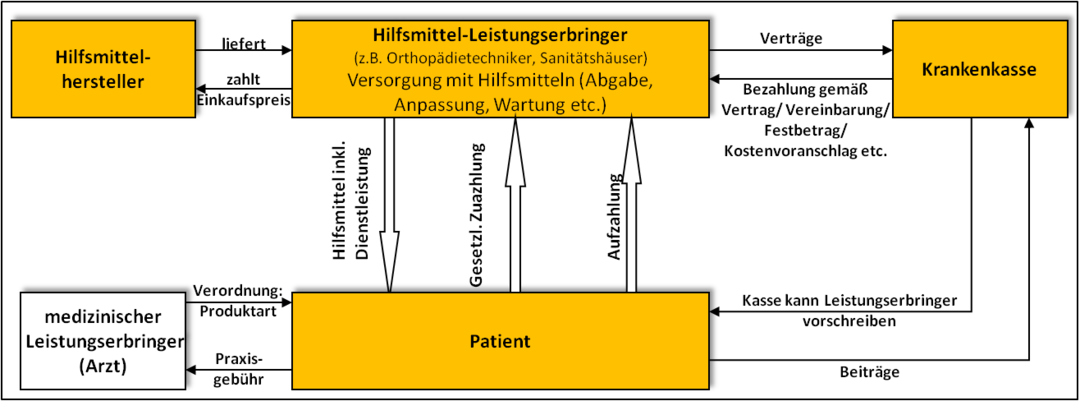 © EIVE
© EIVE
EIVE - Developing innovative health care concepts for rare diseases
The aim of this multi-partner project funded by the German Federal Ministry of Education and Research is developing innovative health care concepts for the management of rare diseases.
Sub-project: Improving the provision and financing of assistive technology used in the management of rare diseases.
Background
People with rare diseases often need assistive technology devices, which can be costly and require substantial customization. An insurer’s refusal to cover an expensive device can leave patients facing financial difficulties and restrict their ability to participate in the normal activities of daily life.Instead of a uniform system for financing and reimbursing assistive technology, Germany has a patchwork of contracts and agreements between insurers and providers, both at the federal and state levels.
Aims
- To analyse problems in the financing and reimbursement of assistive technology devices that are used in the management of rare diseases.
- To describe ways to improve the current situation.
Methods
I. Data from published and grey literature will be used to analyse payment flows and supply chain activities between the various actors involved in the production and provision of assistive technology devices. The focus will be on the following rare diseases:
- Marfan syndrome
- Epidermolysis bullosa
- Amyotrophic lateral sclerosis (ALS) and Duchenne muscular dystrophy
- Wilson’s disease
- NBIA (Neurodegeneration with brain iron accumulation)
 © MiG
© MiG
II. Telephone interviews will be conducted with patients concerning the following
issues:
- Problems in the provision of assistive technology
- Issues related to insurers’ coverage decisions/claims denials
III. The data will be analysed, and the results will be used to identify and describe
opportunities for improving the financing and reimbursement of assistive
technology devices.
| Project partners |
|---|
| Berlin University of Technology (Department of Technology and Innovation Management) |
| Berlin University of Technology (Department of Health Care Management) |
| Helmholtz Zentrum Munich |
| German Foundation for the Chronically Illness |
| University of Erlangen-Nuremberg |
| Institute for Work and Technology |
